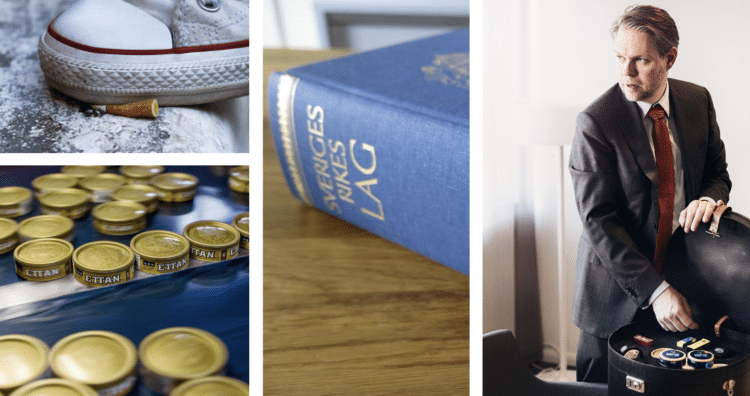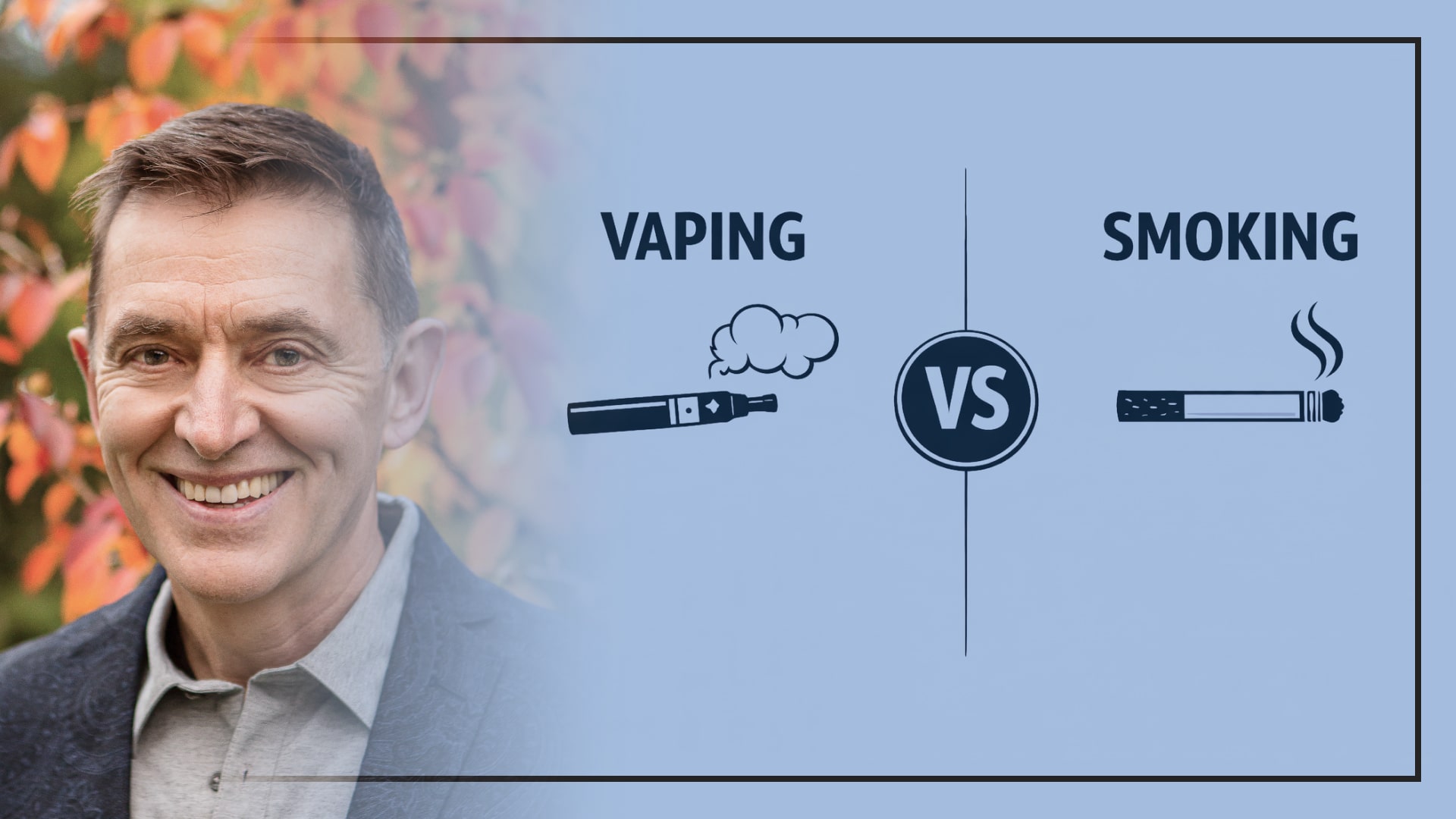
Strömer reflects on a decade defending snus in Sweden: ‘fantastic and surreal’
Patrik Strömer looks back on ten years as Secretary General of the Association of Swedish Snus Manufacturers, reflecting on how things have changed – both in Sweden and globally – since he stepped into the role in 2014.
It’s been a decade since Patrik Strömer stepped in to serve as the first Secretary General of the newly founded Association of Swedish Snus Manufacturers. While snus was well-established in Sweden at the time, the importance of non-combustible alternatives for harm reduction and lowering smoking rates wasn’t universally accepted – even in Sweden.
In recognition of the Association’s tenth anniversary, Strömer took time to answer a few questions from Snusforumet about the evolution of both tobacco policy, the impact of nicotine pouches, and his hopes for the next ten years.
How does it feel knowing the Association for Swedish Snus Manufacturers is turning ten years old this year?
It feels both fantastic and surreal. One might ask why there is a need for an association for something as beloved and self-evident as snus. The most enjoyable part is that it started with two member companies, which quickly became three, and now, at the turn of the year, there are six manufacturers. It’s gratifying to know such a large portion of the Swedish market is represented among the association’s members.
How do you remember the debate about snus back in 2014?
It was characterized by yet another clash between the EU and Sweden over snus regulations. Despite Sweden already having the EU’s lowest smoking rate, snus was still banned in the rest of the EU. Sweden’s finance minister had raised taxes on snus repeatedly and there were questions about how Sweden would implement the EU’s new Tobacco Products Directive, TPD-2. And anti-nicotine activists were eager for Sweden to adopt several extreme measures.
What do you remember as particularly worrying?
One of the most absurd proposals came from the parliamentary inquiry into how to implement TPD-2. Since snus production is governed by Swedish food legislation, banning flavours in the product wasn’t feasible. Instead, the inquiry tried to thread the needle by banning language about flavours from snus packaging. We were facing the prospect of legislation effectively preventing consumers from knowing what they were buying. Fortunately, the government eventually chose not to include the proposed flavour-labeling ban in its final bill.
That must have felt like a win.
Absolutely. But unfortunately, one small detail managed to slip through. Under EU rules, tar, carbon monoxide, and nicotine levels can’t be included in cigarette packaging. This resulted in our members not being able to inform consumers about the nicotine content of snus cans in Sweden. So instead of labels including a specific nicotine level – similar to the numbers you see for saturated fat on food products – we ended up with the “dot system” for indicating nicotine strength that remains to this day. It just goes to show that even the best-laid plans can go sideways when trying to implement EU rules.
How has the arrival of nicotine pouches affected the snus debate?
Thanks to nicotine pouches, Sweden now genuinely has two smoke-free generations, which is fantastic! But unfortunately, the popularity of nicotine pouches has also led to moral panic and exaggerated claims about their perceived risks. It’s telling that tax-funded organizations now devote more time to the flavours in nicotine pouches than staying focused on eradicating the deadly consequences of daily smoking and improving public health. Tobacco-free nicotine pouches have also created a lot of confusion and misunderstanding in other EU countries that lack a long history with traditional tobacco snus thanks to the continued ban.
What do you find most compelling about nicotine pouches?
That they have helped women avoid cigarettes, even if overall consumption in Sweden seems to be fairly evenly distributed between men and women. When it comes to tobacco snus, more men still use traditional products. The fact that nicotine pouches were on the market when Sweden banned smoking in outdoor dining areas in 2019 led to an incredibly rapid cultural change.
How have you and the Association adjusted to the introduction of nicotine pouches?
We are still called the Association of Swedish Snus Manufacturers, but since all major snus manufacturers also produce nicotine pouches, it’s natural to work for appropriate regulation of these products as well. In 2022, we advocated for new legislation to include a nicotine cap based on industry standards already in place. But the then-government chose not to impose any restrictions.
What more needs to be done?
I think we need more and stronger measures that prevent minors from accessing and using products they are not legally allowed to purchase. It’s a problem that young people can find ways to buy these products, and it’s a problem that nearly all proposals from politicians and activist organizations focus on limiting access and choice for adults seeking a less harmful alternative to cigarettes. More factual, science-based information from authorities would be useful. Nicotine in itself is not the problem; daily smoking and the damage that comes with it is the problem. The Association has not done enough to get more people to understand this fact.
What has been the most challenging aspect of these ten years?
The persistence of false claims, myths, and misunderstandings. Even very flimsy research can get lots of media attention and influence people’s thinking, just as all propaganda. I would love to have a discussion with representatives from anti-nicotine groups like A Non Smoking Generation or the Cancer Society, but they refuse to have even a single conversation. And they still haven’t managed to answer why Sweden is the only EU country with snus and also has the lowest percentage of smokers. Just imagine if these organizations genuinely wanted to reduce smoking. Then we could share Sweden’s experience with other countries and truly make a positive difference.
What do you see as the Association’s next challenge?
The next big challenge is creating reasonable EU regulations for nicotine pouches. Right now, we’re already seeing countries that continue to allow deadly cigarettes while actively working to ban less harmful alternatives to cigarettes. Clearly, something other than logic and science is governing these processes. Snus will always survive in Sweden, but nicotine pouches are at risk if the Swedish government doesn’t manage to create alliances with other countries that genuinely want to protect public health and freedom of choice.




